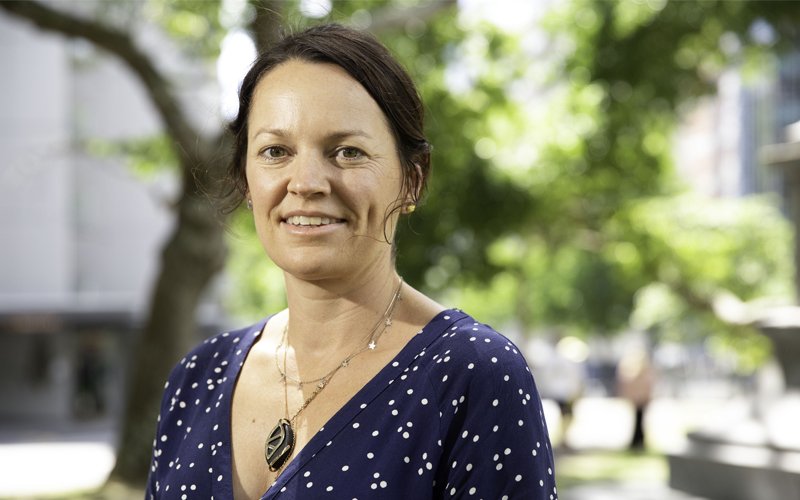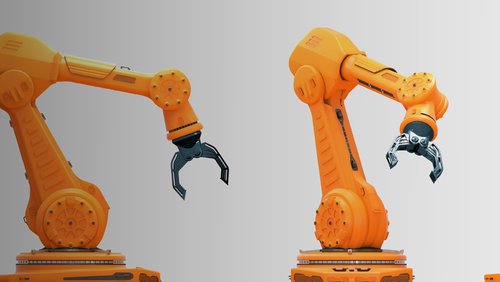27 Jun 2024
The dual focuses of a bioengineer with a passion for health and wellbeing aim to find definitive signs that vaping causes long-term harm, and to improve health equity for wāhine.
When Kelly Burrowes first heard of vaping, she did not anticipate it would be the focus of thousands of hours of research, several research grants, and a passionate ambition to elucidate the impact of a harmful trend that has taken our youth by storm.
A New Zealand health survey in 2021/22 found that 8.4 percent of people aged 15 or older were daily vapers, and 22.9 percent of people aged 18–24 vaped daily.
Kelly, who holds a PhD in bioengineering and has spent many years researching the impact of smoking on the respiratory system, studied chemical and materials engineering at the University of Auckland followed by 10 years as a researcher at the University of Oxford in England.
“I initially presumed vapes involved harmless water vapour. But in 2018 I went to an Asthma and Respiratory Foundation Conference and saw [The University of Adelaide Professor] Sandra Hodge speak about e-cigarettes and the evidence they had on the damage of vaping on cells, and I became intrigued by it.”

Photo: Elise Manahan
While the risks associated with long-term vaping are unknown, it has been established that they contain a range of chemicals, including heavy metals and flavouring compounds with unknown health effects; cause nicotine addiction; trigger inflammation; and can lead to increased risk of cardiovascular disease. Kelly’s research aims to find a definitive sign that vaping causes harm in the long term.
The recipient of both a Marsden Fund grant and a James Cook Research Fellowship to conduct her studies, Kelly says her first project aimed to find out what was in the aerosol, “where it goes, how it affects the cells and lungs, and then to bring this together using computational tools”.
She says new projects are aiming to look for early biomarkers of changes in the lungs and blood vessels.
She says: “Because vaping has only been around for about 20 years, and it’s likely that long-term effects will take another 10 or 20 years to see, what I’m hoping to do is find some early warning signs so we can get some definitive answers on the health effects of vaping – which could potentially be similar to smoking.”
Just as early lung damage can be detected in smokers before any clear evidence of disease, she and her research team will be taking CT scans and other measurements of vapers’ lungs and blood vessels to see if there are any changes and biomarkers present, such as changes to lung tissue or blood vessel rigidity.
“We will also be measuring signs of inflammation, which is thought to be one of the disease-driving processes.”
Kelly and her team have created a device to which an e-cigarette is attached to mimic a puff of aerosol.
“We can grow lung cells and expose them to the aerosol and try and replicate a normal puff.”
Kelly is clear about her goal.
“My greatest wish is that we can establish the impact of vaping now, before it actually manifests in millions of kids.”
In addition to lung health, she's passionate about women’s health and wellbeing. During the Covid-19 lockdowns she established The FemTech Revolution, an online business selling tech products to support women’s health, from fitness trackers and pelvic floor trainers to high-tech fertility tools.
“There is a huge range of FemTech products being developed overseas but not many have made it to New Zealand.”
My greatest wish is that we can establish the impact of vaping now before it actually manifests in millions of kids.
Kelly says medicine has largely been developed under the assumption that men and women are the same and young white males are still seen as the ”average” human being in healthcare research.
“But women’s bodies respond differently to both health conditions and medications.”
She adds: "New drugs should be tested equally on men and women – even now some studies test only on men.”
Sex-based health equity is one reason she established a health tech business specifically for wāhine.
“Women need to know about their bodies and their symptoms so we can advocate for our own health. Our bodies are just different.”
This article was first published in the June 2024 issue of EG magazine.




